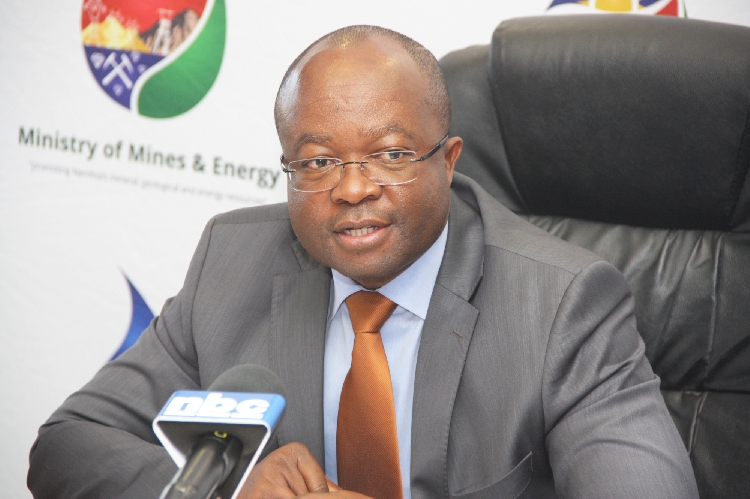Obeth Mbuipaha Kandjoze
A recent response by President Hage Geingob in an Al Jazeera interview that the recent oil discoveries in Namibia’s offshore waters belongs to those with the right to extract, has led to unnecessary outcry locally.
The discoveries in question were followed by intensive drilling operations in two wells located 300 KM southwest of the Port of Lüderitz.
So, what are the issues at hand? A cursory overview of the applicable legal instruments is paramount for a common understanding about the differences between ownership on the one hand, and rights and obligations on the other.
Erring on the side of caution, we will do ourselves a disservice should we not provide clarity to citizens regarding the issuing of petroleum exploration licenses to oil companies.
The Petroleum Act of 1991 is the principal legislation governing operations in the petroleum sector, with supporting Petroleum Agreements and Joint Operating Agreements. Relating to rights, Section 2 of the Act is clear:
“Subject to any right conferred under any provision of this Act all rights in relation to the reconnaissance or exploration for, production and disposal of, and the exercise of control over, petroleum vests, notwithstanding any right of ownership of any person in relation to any land under which petroleum is found, in the State”.
The only other time when the rights are conferred to a third party, is when such party has been issued with an exploration license or production license. Reference to the aforesaid can be found in Sections 29 and 44 of the Act. In the case of Shell and TotalEnergies, consistent with our laws, both companies own the rights to the exploration licenses under which the oil has been discovered.
These rights, obligations, percentage shareholding of each party to a license and NAMCOR participation, are codified in a Petroleum Agreement.
As a constitutional democracy of processes, systems and institutions, changes, including additional shares to the State/NAMCOR must only be done in accordance with the provisions agreed to in the Petroleum Agreement.
Without doubt, Article 100 of the Namibian Constitution states that ownership of all resources, including oil and gas within the borders of Namibia belong to the Namibian people. But the Constitution goes on further to say that such ownership must be exercised within the limits and confines of the law, including duly signed agreements between the State and third parties. Conscious of Article 100, President Geingob spoke to the issue of Shell and TotalEnergies within the confines of duly signed agreements between the State and these third parties. There is an explicit agreement between the State and License Holders (to whom rights and obligations are conferred) in return for the State to share in the upside in the case of discoveries. License holders must search for petroleum, extract it once discovered and pay taxes/royalties to the State while retaining the right to pay for the investments and earn profits for risks incurred.
Our constitution qualifies Namibia as a mixed economy, and not as communist. In fact, the Namibian Government could play the role of the investor as well, if it could raise billions required to perform all the work required from exploration to extraction. Such an undertaking however, does not come cheap.
To have a chance of making a discovery, huge sums of money are required. Up to N$ 300 million for exploratory work, and a further N$ 1.5 billion for a single well.
Once discovery is confirmed, an additional three to four wells are required to determine if the discovery is commercial or not. Around N$ 30 billion has been spend since independence to search for oil.
No one would cheer any sitting President to continue spending such sums of money of taxpayer’s monies without the prospects of discoveries. While we are only reflecting on the Shell and TotalEnergies discoveries, such triumphs have been preceded by colossal losses in around 30 wells since 1990.
As an investment destination, private companies must be treated in accordance with the law, even if they have found oil.
More so, after the huge sums of money invested in the venture and the risks they have been subjected to. We should be excited about these discoveries.
Profound pragmatism on our part as a country is needed and we should take due regard to the value that will accrue to Namibia once the oil has been sold. That is the message of the President.
A mineral and petroleum geologist by training, Obeth Mbuipaha Kandjoze is Director General of the National Planning Commission




